Beautiful gardens and happy gardeners are easier to achieve with a little planning - and a little help from your local Extension agent.
- by Christian Stephenson
The journal is also a good place to make notes about what areas of your landscape receive light or shade, and areas that stay wet. Knowing this information will help you select plants that will be suitable for all areas of the landscape. If you don’t have a garden journal, now is a great time to get started and jot down plants you’d like to try out. A little bit of planning will go a long way to ensuring your garden is at its best. When looking at plants, be sure to keep in mind the recommended spacings so you know how many you can plant without overcrowding. One of my favorite things to do this time of year is to look through seed and plant catalogs and find exciting varieties to try in the coming year. With the staggering diversity of options, a great way to choose plants and varieties for your landscape is by looking for plants recommended by variety trials located in your state. In Mississippi, the Mississippi Medallion Plant program has made selections since 1996 for vegetable and ornamental plants. Similarly, the Louisiana Super Plant program, begun in 2009, evaluates plants that will tolerate the heat and humidity of our climate. All-America Selections (AAS) is a national program trialing new varieties for performance in landscape since 1932. Another important garden task we can perform now is ensuring that we are ready to fertilize our soil. The best way to do this is by having your soil tested through our state’s Extension service. To do this you will bring a sample of your soil to the Extension office in your county. The office will send the sample to the state soil testing laboratory, and they will send you back directions to improve your soil based on the plants you intend to grow. To take a sample of your soil, identify the area you want to test and randomly select 15-20 sites within that area. At each of these sites, dig down to a depth of four inches and take a small amount of the soil. This soil can be mixed together in a container. Taking samples this way ensures that the results will be representative of the entire area you are testing. The total amount of soil to bring to the office is approximately one pint. Check with your county extension office regarding fees for soil testing. Many plants we enjoy in our landscape can be started from seed, which can save a significant amount of money for the home gardener. Seedling trays or small pots allow you to start a large number of plants in a relatively small area and are available at garden stores. It is best to start seeds in a soilless potting medium. The medium is often made from peat or coir (coconut husk) as well as spacing material like pearlite or vermiculite. Often these media will also include a small amount of fertilizer to support the growth of the plant until it is ready for transplant into the garden. When starting seed is important to plant the seed to the right depth, which is indicated on the seed packet. It is also important to keep the planted seed in an area with a temperature over 65 °F, as many seeds will not germinate when the temperature is too low. Last, it is important to ensure that the seeds do not dry out, so it will usually be necessary to water them once a day. Once seedlings have emerged, they need to be placed in an area with good light. Seedlings that receive insufficient light will often grow overly tall and be unable to support themselves. Though not as exciting as new plants and seeds, late winter is also a time to take action to prevent insect and disease problems on plants later in the year. Dormant sprays help control insect pests like scale as well as fungal and bacterial diseases. Liquid lime sulfur is very effective as a dormant spray to control fungal diseases of peach, plum, apple, grapes, and other fruit crops. It is also recommended for control of common diseases of rose such as black spot and powdery mildew. Horticultural oil can be used for dormant sprays to control mites and scale insects. Dormant sprays should be applied on clear days with mild temperatures. Plants treated with horticultural oils can be more susceptible to cold injury. Ideally, sprays should be applied when temperatures will remain over 50° F for 24 hours. As with all pesticide applications, care should be taken to follow all directions on the label. Another way to have a successful gardening year is to connect with your local county Extension agent. Your agent will be able to help you by suggesting plants for different areas of the landscape, helping identify potential problems and find solutions, and provide information on a wide range of topics related to horticulture. A large number of online presentations and programs are offered that will help you learn about different aspects of gardening. As an agent, I always enjoy the opportunity to speak with people about their landscape and help them build the garden of their dreams. Comments are closed.
|
Categories
All
Archives
July 2024
|
Shoofly Magazine Partners
Our Shoofly Partners are local businesses and organizations who share our mission to enrich community life in Bay St. Louis, Waveland, Diamondhead and Pass Christian. These are limited in number to maximize visibility. Email us now to become a Shoofly Partner!

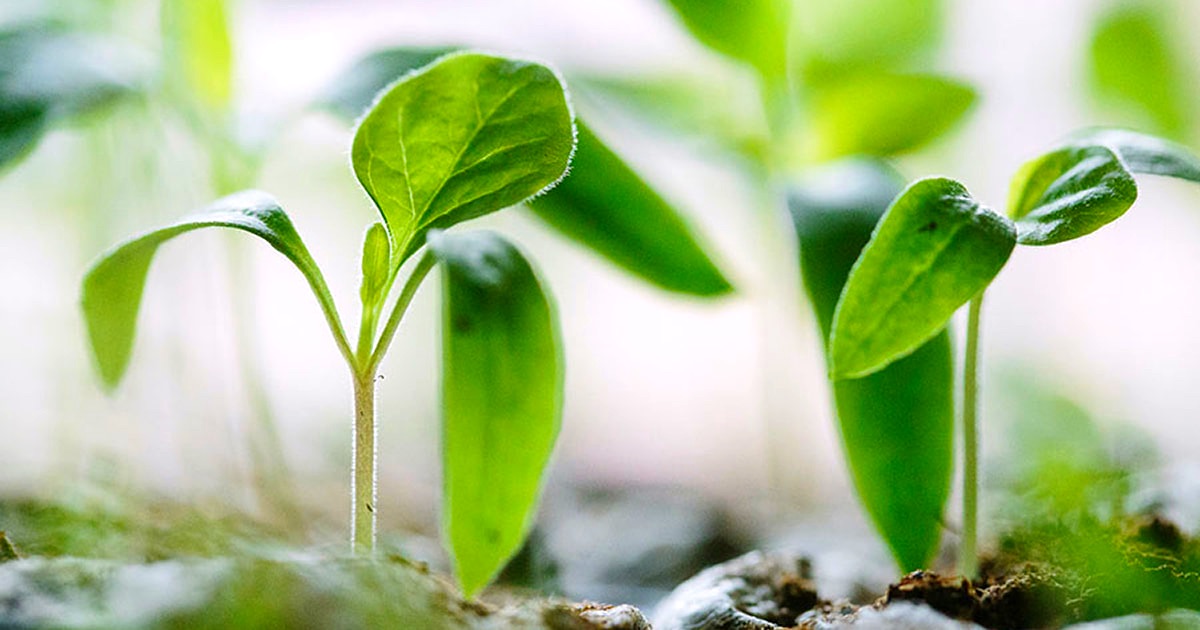
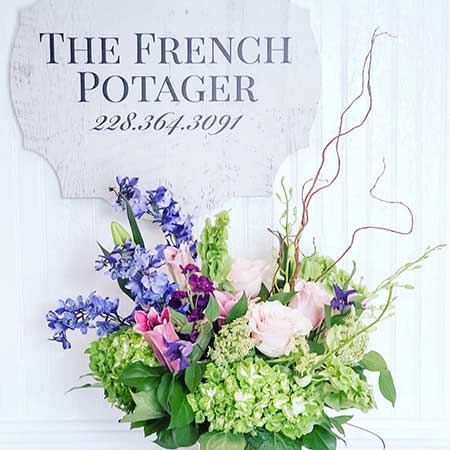


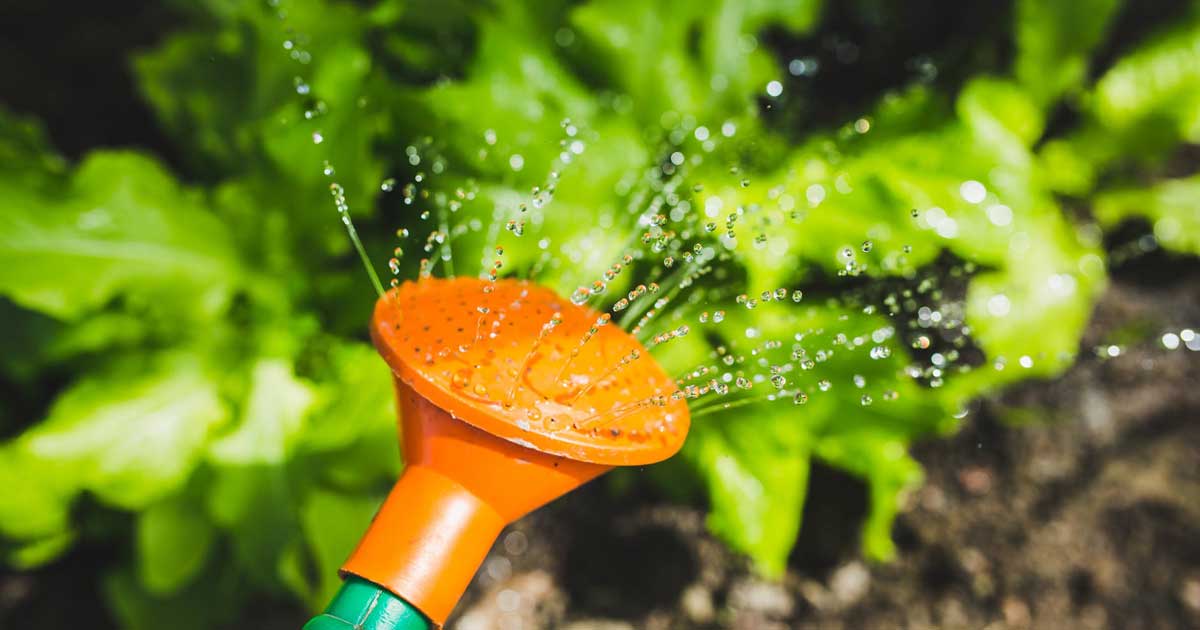
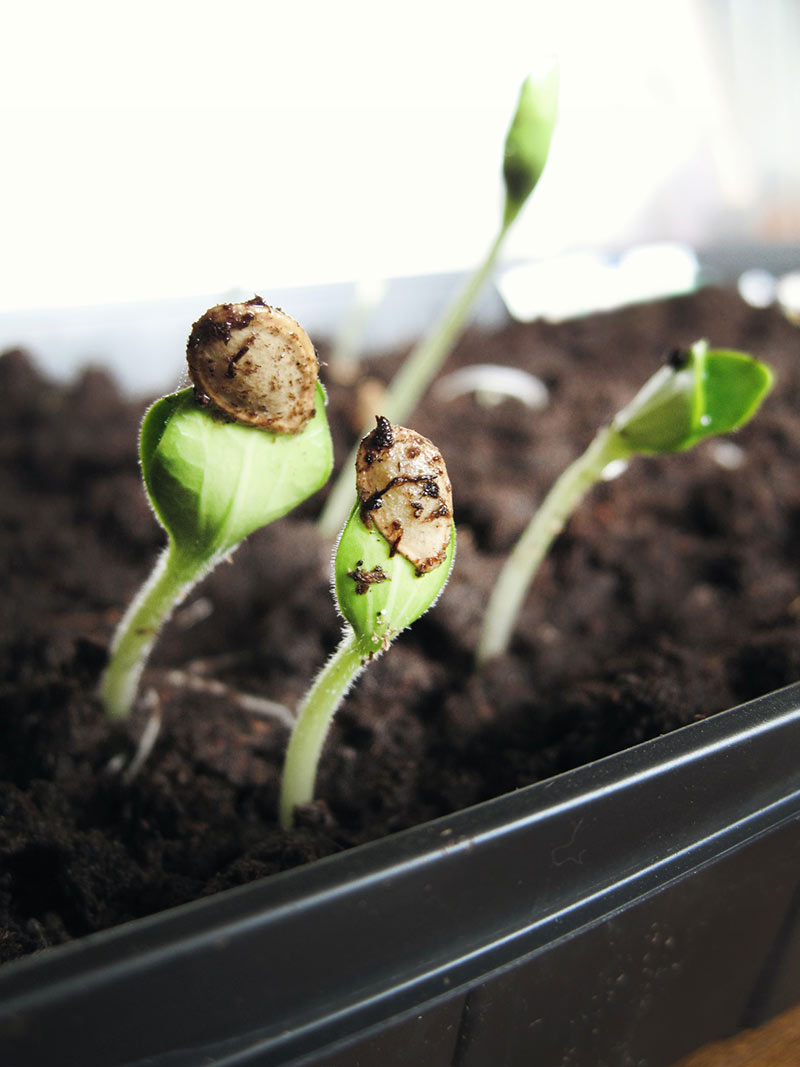
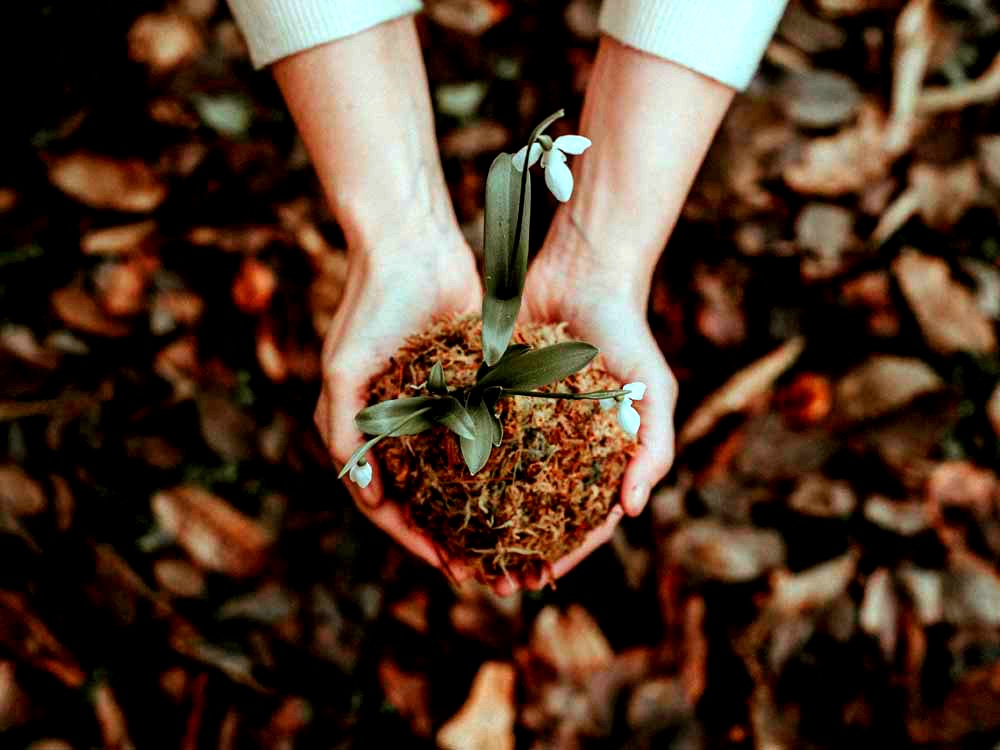
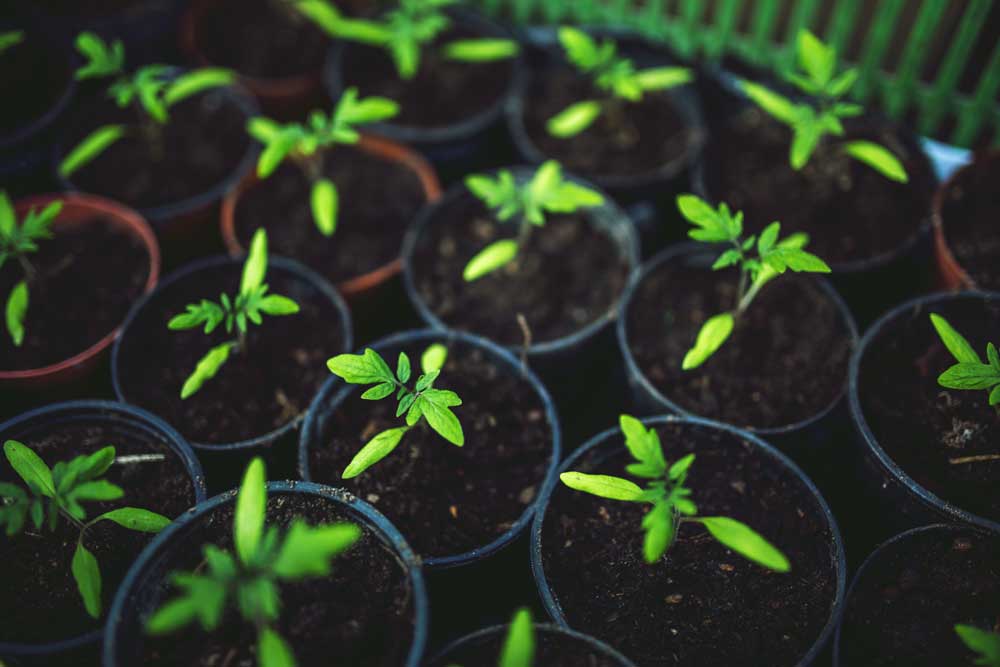


























 RSS Feed
RSS Feed























